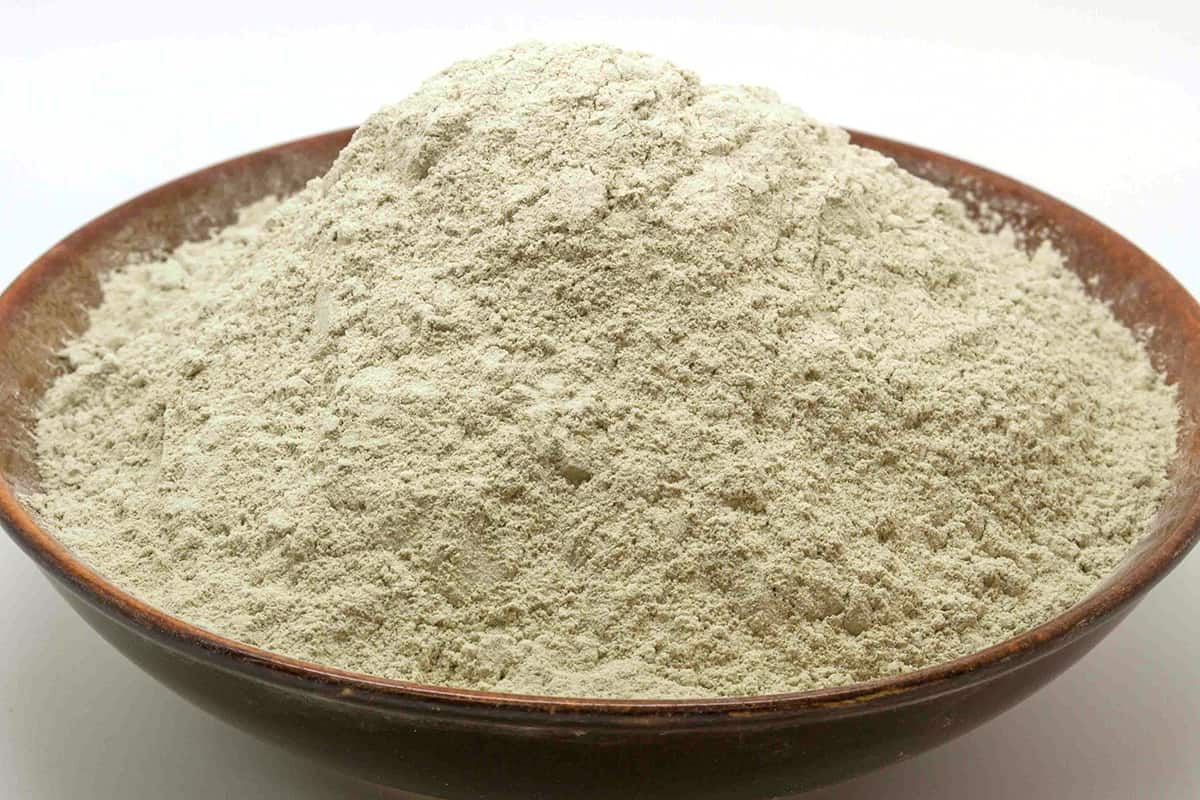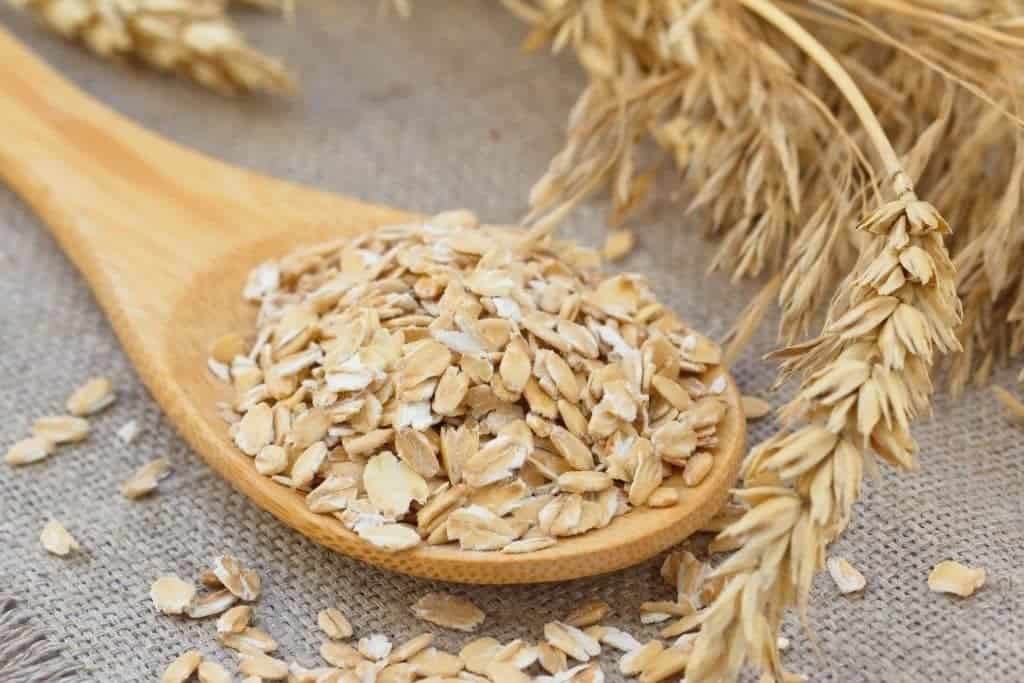Oily skin is a common concern for many individuals, particularly during adolescence and early adulthood. It occurs when the sebaceous glands produce excessive amounts of sebum, a natural moisturizer essential for maintaining healthy skin. While sebum plays a crucial role in skin hydration and protection, an overabundance can lead to undesirable outcomes such as acne, clogged pores, and blemishes.
It’s important to understand that completely eliminating facial oils is neither achievable nor desirable, as sebum is necessary for maintaining skin health. Our goal is to share tips and strategies for managing oily skin effectively, striking the perfect balance between maintaining a youthful glow and preventing unwanted skin problems.
Chapter Overview
Symptoms and Causes
Oily skin and acne can stem from various factors, with the primary cause being overactive sebaceous glands producing excess sebum. We outline the common symptoms and causes below:
Symptoms:
- Large or obvious pores on the skin
- Persistent or occasional pimples
- Shiny or greasy skin appearance
- Skin that appears thick or rough
- Clogged pores
- Blackheads and blemishes
Causes:
- Hormones: Fluctuations during menstrual cycles, stress, and other factors can increase sebum production.
- Genetics: A family history of oily skin or acne may contribute to overactive sebaceous glands.
- Diet: Certain foods, such as dairy and high glycemic index items, may influence sebum production.
- Environmental factors: Humidity, pollution, and temperature can affect pore size and sebum levels.
- Skincare products: Using products not suitable for one’s skin type can exacerbate oiliness and clogged pores.
Proper treatment and lifestyle adjustments can help manage symptoms and address underlying causes.
How To Prevent Oily Skin From Becoming Too Oily?
Practice a Good Cleansing Routine
We recommend cleansing our face two times per day with products like foaming cleansers or micellar water. These cleansers remove dirt, oil, and makeup without stripping our skin of its natural oils and moisture.
Exfoliate Regularly
Exfoliation is essential for oily skin since it removes dead skin cells from the surface and prevents clogged pores. We suggest combining both physical and chemical exfoliation methods to achieve a healthy glow.
Moisturize, But Carefully
Moisturizing products are necessary for oily skin. However, we should opt for light moisturizers and serums designed specifically for oily skin. Avoid products that are creamy, heavy, and occlusive, as they will make the oily skin worse.
Look For Hyaluronic Acid
Hyaluronic acid is a naturally occurring substance that helps reduce fine lines and is an excellent moisturizer for the skin. We recommend selecting skincare and makeup products that contain hyaluronic acid.
Reduce Sugar Consumption
Cutting down on added sugar is crucial for those with oily skin. Consuming too much sugar can trigger an excess oil production, resulting in a greasy T-zone. To avoid this, we should focus on reducing unhealthy sugar consumption.
Do Not Consume Unhealthy Fats
Limiting the amount of saturated fats in our diet is beneficial not only for our skin but also our overall health. Instead, we should consume foods high in omega-3 fatty acids, such as salmon, tuna, pumpkin seeds, flaxseeds, avocado, and olive oil.
Manage Stress Levels
Managing stress is essential for preventing excessive oil production. One effective way to manage stress is to get enough sleep, as sleep deprivation can lead to increased androgen production, a hormone responsible for stimulating oil production.
Natural Remedies for Oily Skin
Honey

Honey is an excellent natural remedy for oily skin due to its antibacterial, antiseptic, and antimicrobial properties that can help with acne-prone skin. Apply a thin layer of raw honey onto the face, let it dry for a couple of minutes, and then rinse thoroughly. Feel free to combine honey with other ingredients like oatmeal or yogurt for more benefits.
Bentonite Clay

Clay absorbs oil from the skin and can treat various skin conditions. Bentonite clay is the most common, but you can also use other healing clays, such as French green clay. Mix the clay with water to form a paste, apply the pudding-like consistency on the face, let it dry, and then remove with warm water.
Oatmeal

Oatmeal acts as a natural exfoliating agent, capable of removing dead skin cells and absorbing excess oil while simultaneously calming inflamed and irritated skin. Combine ground oats with water to form a paste, stir in a tablespoon of honey, and massage the mixture onto the face for a few minutes before rinsing.
Aloe Vera

Aloe vera is a fantastic natural remedy for the skin, present in many skincare products. It soothes, calms, and offers numerous beneficial properties. For optimal results, use aloe vera in its raw form by extracting aloe vera gel and applying a thin layer on the face before bedtime.
Egg Whites and Lemons

A popular folk remedy, egg whites and lemons can tighten pores and reduce oil production. Combine one egg white with a teaspoon of lemon juice, apply the mixture on the face, let it dry, and then rinse thoroughly with warm water.
Remember that using natural remedies can play a significant role in controlling oily skin, but it is crucial to maintain a consistent skincare routine and choose suitable skincare products containing noncomedogenic ingredients. Stay hydrated, and keep an eye out for ingredients like salicylic acid and glycolic acid in various skin care products, as they can further assist in managing oily skin.
SEE ALSO: DIY Face Mask For Oily Skin

